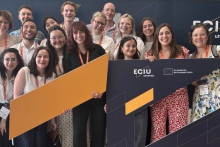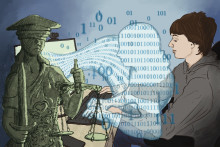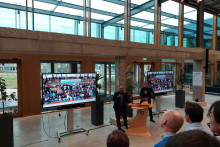More specifically, Bachelor’s students of Mechanical Engineering can now choose to spend a semester at one of six international universities from the ECIU network (The European Consortium of Innovative Universities). Besides the UT, the Twin Programme includes Kaunas University of Technology (Lithuania), Linköping University (Sweden), Tecnológico de Monterrey (Mexico), University of Aveiro (Portugal) and University of Stavanger (Norway).
Students’ choice
The new Twin Programme will welcome its first students in September 2017. The students themselves will be able to decide which host university they prefer, as each of the involved partners will offer different courses and specialization.
The programme was designed to fit into the existing TOM model, which means that only Bachelor’s students in their second and third year can participate. Each of the programme partners, including the UT, is able to accept twenty international students per year. The programme therefore nicely fits into the UT’s general internationalization strategy and its goal to provide international experience to each student and staff member.
International exposure
‘The main idea behind the programme was to add value to ECIU participants and create an exchange network,’ says Jelle Ferwerda, coordinator of international affairs at the Faculty of Engineering Technology. ‘The advantages for students naturally include gaining international experience. They will obtain skillset that you can get only by living in a different culture; they will learn international communication skills without actually studying for them.’
‘Thanks to this collaboration, we will also get to know the individual partners and their educational programs. In long term, it will hopefully bring more interaction between lecturers, get people working together,’ thinks Ferwerda. ‘Further, our university will be exposed to international students as a realistic option for their Master’s studies, which contributes to our position within Europe.’







